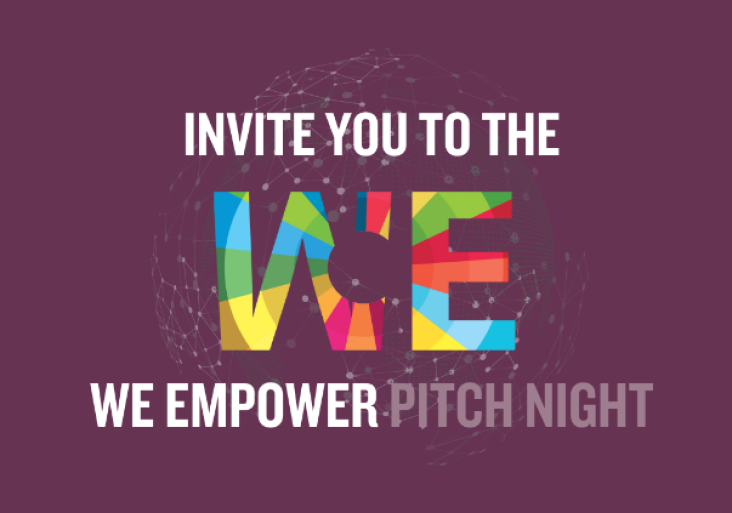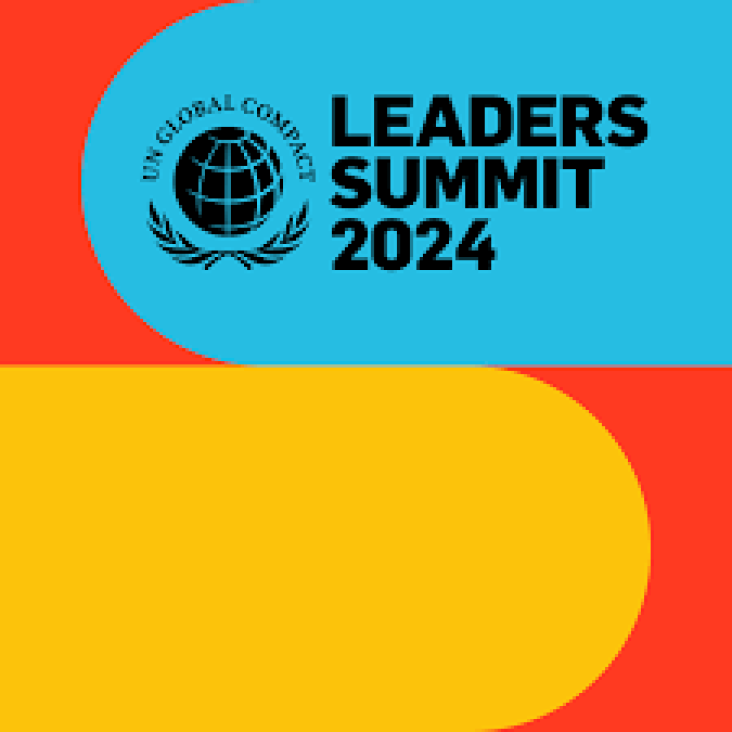
SDGs have been added on Scopus' author profile pages, appearing under the rebranded “Impact” section.
The Climate Energy Nexus: Understanding the Relationship between Energy Production Systems and Climate Trends
2025, Pages 1-22
This chapter notably supports SDGs 7 (Affordable and Clean Energy), 12 (Responsible Consumption), and 13 (Climate Action) by helping readers to understand the interactions between energy consumption, emissions, and climate, and by introducing modeling approaches.

On Wednesday 25th September 2024, the five 2024 WE Empower awardees will take part in the WE Empower SDG Challenge Pitch Night. Hosted by fashion designer, author and philanthropist, Diane Von Fur
Water Treatment Using Engineered Carbon Nanotubes, Micro and Nano Technologies series, 2024, Pages 63-96

The Leaders Summit is the UN Global Compact’s dynamic day-long conference dedicated to providing the tools, network, knowledge, and inspiration needed to scale the impact of private sector contribu

